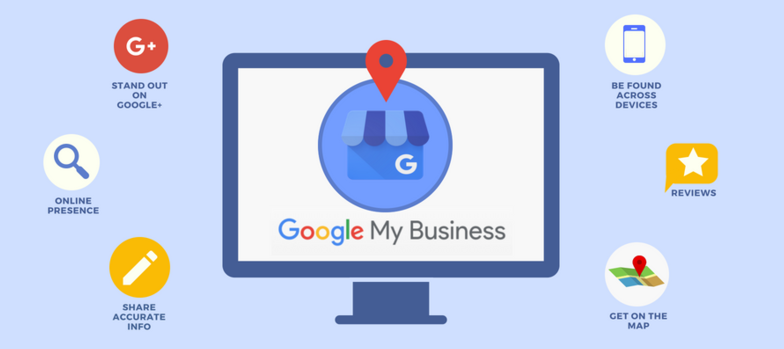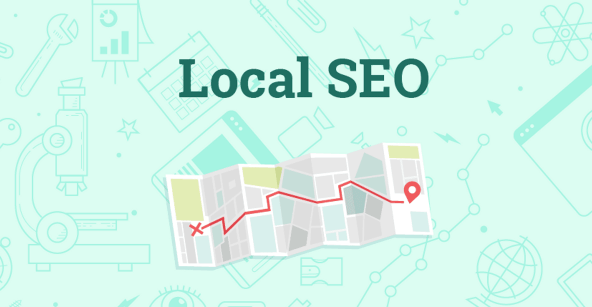As a small business owner, you’re expected to wear many hats. In the modern age, one of these fancy head toppers likely includes being the webmaster of your company’s website. Local businesses are important, and so is setting up your website correctly. Whether your company’s website is already live or still in the planning stages, you’ll want to spend some time thinking about SEO.
A focus on SEO isn’t just beneficial for online businesses. In fact, 34% of “near me” searches from desktop and tablets result in a store visit. If you’re still not convinced, CodeinWP shares 120+ additional statistics that support an investment of time and money in SEO.
As part of this process, you’ll also be asked to verify your physical location. Businesses without a set physical location have additional verification options available to them. Regardless, make sure to complete this final step in order to take advantage of the local SEO for small business benefits that come with using Google My Business.
It’s worth noting that your Google My Business page doesn’t have to be a static profile — you can use it to communicate with prospects and customers alike, through various features: reviews, questions and answers, and even post updates. Previously, the ability to share these timely updates was handled through Google+. Google shut down this failed social network experiment but recently replaced it with a new option: Google My Business Posts.
What are the benefits of local SEO for your business?

- Increase web traffic: of course, the more rankings you have in search engines, and the higher they are, more traffic will come to your site to convert and book an appointment or contract your services.
- Stay competitive: search engines are often the first step in a purchase process. If you don’t appear on search results for someone looking where to buy a new pair of shoes, your store won’t even be considered and you’ll lose a potential purchase.
- Repeat customers: business discovery through a search engine is useful for customers who don’t know who could provide them a service or a product nearby. But once you delight them with a great customer experience on their first visit, the next time they will go directly to you.
- Reduce advertising costs: having an effective local SEO strategy will help you save money in the long run.
- Ready-to-buy customers: people searching for businesses and services online, often on the go on their cellphones, have a purchase intent. They perform a search because they have a need and they are ready to buy a product or service that addresses that need.
#1: Create & Optimize a Google My Business Page

Golden Retriever Retreat does a great job of including high-converting dog images!
#2: Ensure that Contact Information is Easily Accessible (No Matter What Page Visitors Are Looking at)

#3: Stay Fresh & Relevant with a Content Strategy

Final Thoughts — Local SEO for Small Business: How to Set up a New Website










